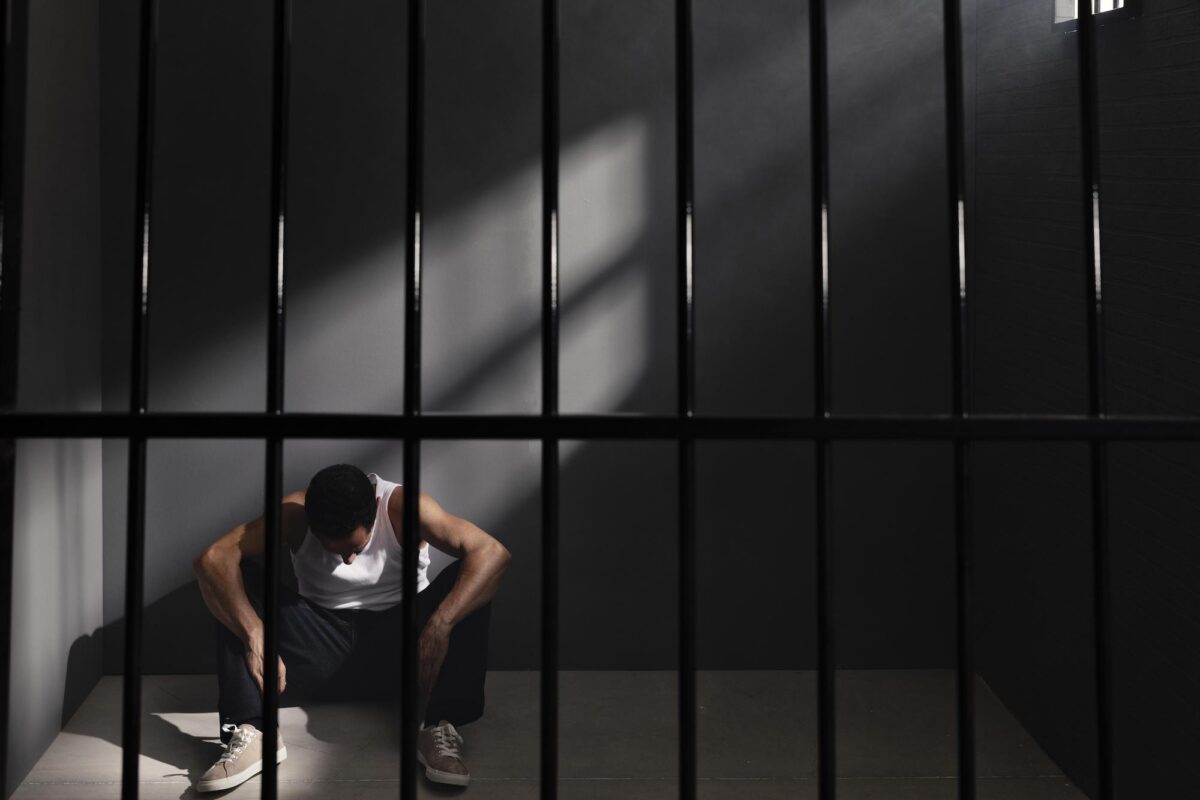The situation of HIV-positive prisoners in Kazakhstan faces challenges and discrimination, especially in the process of reintegration back into society. The denial of resocialization services to HIV-positive prisoner Damir (name changed) was a clear example of the limitations faced by HIV-positive people upon release from correctional facilities.
Damir’s situation
In April 2023, Damir contacted REActor in connection with applying for parole from a correctional facility. He planned to move to a re-socialization center after his release for support and integration back into society. However, during the court hearing, the specialist at the Resocialization Center stated that Damir was HIV-positive and had to stay in a specialized medical facility, which prevented the provision of accommodation services in the Resocialization Center.
Discriminatory barriers
The refusal of the Resocialization Center to provide services to HIV-positive Damir is based on unacceptable discrimination, which may violate his rights to equal access to social support and the possibility to return to society after serving his sentence. The refusal is based on paragraph 2, paragraph 30 of the Rules of activity of organizations providing special social services, approved by the Order of the Minister of Labor and Social Protection of Population of the Republic of Kazakhstan from August 29, 2018, №379.
Measures taken
In turn, Damir appealed to the Representative of the Ombudsman for Human Rights in the Republic of Kazakhstan for the East Kazakhstan region and filed a complaint against the Resocialization Center. The representative of the Ombudsman initiated a working meeting with the participation of the Prosecutor’s Office, the Resocialization Center, the Health Department, the AIDS Center, and the Department of Corrections and Detention. During the meeting, it was decided through the prosecutor’s office to request the Ministry of Labor and Social Protection of Population of the Republic of Kazakhstan to explain the meaning and content of p. 2 p. 30 of the Rules of Activity of Organizations Providing Special Social Services.
Conclusion
The situation with HIV-positive prisoners in Kazakhstan requires close attention and additional measures to prevent discrimination and ensure equal access to social and medical support. It is necessary to strive for fair treatment and avoid violation of the rights of HIV-positive people, including their right to re-socialization and return to society after serving their sentence.
Also read:
Discrimination against HIV-positive women in Kazakhstan: Life on the brink
Client Incident: Wrongful Disclosure of Medical Information in Uzbekistan


